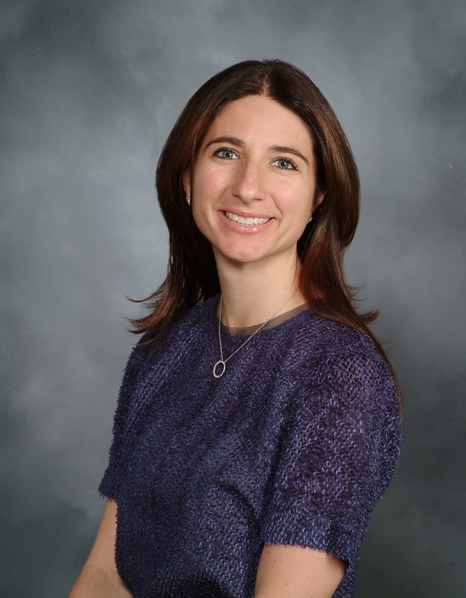Two multi-institutional teams led by Weill Cornell Medicine scientists have been awarded grant support from the Starr Cancer Consortium. Both grants will fund work applying new technologies to develop more detailed knowledge of tumor biology, with one team focusing on Hodgkin lymphoma and the other on the purity of tumor samples on pathology slides.
The Starr Cancer Consortium, established in 2006, is a collaboration among five leading research institutions: The Broad Institute of MIT and Harvard, Cold Spring Harbor Laboratory, Memorial Sloan Kettering Cancer Center, The Rockefeller University and Weill Cornell Medicine.
Each year, investigators from these institutions propose projects to improve the prevention, diagnosis, treatment, and fundamental understanding of cancer. A review board of scientists from outside the consortium selects proposals to fund, emphasizing ambitious collaborative projects with the potential to transform the understanding and treatment of cancer. This year's winners include projects led by Drs. Lisa Giulino Roth and Iman Hajirasouliha of Weill Cornell Medicine.
"We're proud of these Weill Cornell Medicine investigators, whose efforts stood out among a field of some of the top cancer scientists in the world in the Starr Foundation's annual competition," said Dr. Hugh Hemmings, senior associate dean for research and chair of the Department of Anesthesiology. He adds that "with the generous support of the foundation, these talented researchers will be able to continue advancing our understanding of cancer biology and developing new ways to treat it."
Dr. Lisa Giulino Roth

Director of Pediatric Oncology and Associate Professor of Pediatrics; Associate Professor of Pathology and Laboratory Medicine
Defining the evolution and tumor microenvironment interactions of classic Hodgkin lymphoma through single-cell multi-omics and genetically engineered mouse models
Current treatments for classic Hodgkin lymphoma often cause long-term side effects, but a lack of good laboratory models for the disease has hamstrung efforts to develop better therapies. One major problem is that a small minority of cells in the Hodgkin tumor microenvironment drive the disease, and the activities of these cells are hard to detect with bulk gene sequencing methods. Dr. Roth's team previously developed novel cell-sorting techniques to isolate the tumor-driving cells, analyzing their unique genomes and gene expression profiles. That work revealed a complex tumor, with extensive interactions between the Hodgkin Reed Sternberg cells and non-malignant cells in the tumor microenvironment. With the Starr Consortium's support, the researchers now plan to trace the lineages of these different cell types to determine how they arose within the tumor and build new mouse models of the disease. The work will rely heavily on new gene sequencing and cellular profiling techniques to characterize the tumor microenvironment in unprecedented detail.
Co-principal investigators on the project include Dr. Anna (Seung Ha) Nam from Weill Cornell Medicine and Dr. Mikhail Roshal from Memorial Sloan Kettering Cancer Center.
Dr. Iman Hajirasouliha

Assistant Professor of Physiology and Biophysics; Assistant Professor of Computational Genomics in Computational Biomedicine at the HRH Prince Alwaleed Bin Talal Bin Abdulaziz Alsaud Institute for Computational Biomedicine
Weakly-supervised tumor purity prediction from H&E-stained slides
Efforts to sequence cancer genomes in recent years have yielded a trove of data for basic research and sequencing clinical samples can also provide important prognostic information for patients. In both clinical and research sequencing, the usefulness of the data depends on the purity of the tumor tissue sample. If there are many non-tumor cells contaminating the sample, their DNA sequences can skew the results, concealing important mutations involved in tumor development. Moreover, tumor purity is associated with different outcomes in certain cancer types. Dr. Hajirasouliha's team will use their Starr Consortium grant to mine digital pathology slides and sequencing data from the Cancer Genome Atlas (TCGA) program and the Caryl and Englander Institute for Precision Medicine at Weill Cornell Medicine to develop and test algorithms for determining tumor purity on a microscope slide. The investigators will use rigorous benchmarks to compare their results to previous models, pathology scores and molecular analyses, with a focus on identifying subsections of samples that contain the purest populations of tumor cells. Once trained and validated, the algorithm could be used to improve sequencing on future samples.
Dr. Victoria Popic from The Broad Institute of MIT and Harvard is the co-principal investigator.

